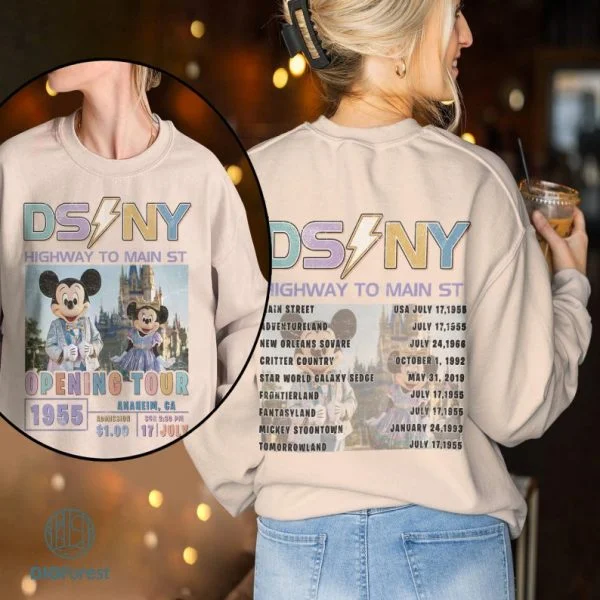DCEU
The Dark Knight star’s advice could help combat superhero fatigue in MCU and DCU

In the realm of superhero cinema, the immortal words of Harvey Dent in Christopher Nolan’s ‘The Dark Knight’ – ‘You either die a hero, or you live long enough to see yourself become the villain’ – resonate not only as a memorable line but as a prophetic commentary on the trajectory of the superhero genre itself. Aaron Eckhart, who brought the complex character of Two-Face to life in the 2008 Batman sequel, has now offered his perspective on the current state of superhero movies, suggesting that they have veered into what he terms as ‘fantasy land.’
Eckhart’s reflections come at a time when many critics and audiences express concerns about superhero fatigue, a sentiment amplified by the overwhelming output from both the Marvel Cinematic Universe (MCU) and the DC Universe. What started with the promising release of ‘Iron Man’ in 2008 and the subsequent success of Christopher Nolan’s ‘The Dark Knight’ that same year has, over 16 years, evolved into a landscape marked by an abundance of films and television shows, coupled with varying degrees of critical and fan reception.
The actor’s observations, shared in an exclusive interview with Screen Rant while promoting his new film ‘The Bricklayer’ (2024), revolve around the notion that superhero movies need to revisit the grounded, realistic approach exemplified by ‘The Dark Knight.’ In his view, Nolan’s film not only revitalized the superhero genre but elevated it by embedding elements of truth, reality, and tangible consequences into the narrative.

Eckhart’s commentary delves into the essence of what made ‘The Dark Knight’ a benchmark for superhero storytelling – a focus on truth. He points to Nolan’s ability to seamlessly integrate the fantastical world of superheroes into reality, a feat that resonated strongly with audiences. He draws attention to Heath Ledger’s portrayal of the Joker, emphasizing the makeup that appeared homemade, echoing the film’s commitment to authenticity.
While Eckhart’s call for a return to truth and grounding superheroes in reality holds weight, it raises questions about the feasibility of applying this approach universally across the superhero genre. His argument aligns with the initial impact of ‘The Dark Knight,’ which popularized the ‘dark and gritty’ superhero movie aesthetic, influencing subsequent DC Universe films like ‘Man of Steel’ (2013) and ‘Batman v Superman: Dawn of Justice’ (2016).
However, the genre has seen a shift in recent years, with films like ‘Shazam!’ (2019) and ‘The Flash’ (2023) opting for a more lighthearted and campy tone. In the context of the Marvel Cinematic Universe, which has maintained a distinct tone throughout its existence, Eckhart’s proposed return to a darker aesthetic might not be the panacea for its perceived challenges.

Ultimately, Eckhart’s insights offer a lesson beyond stylistic preferences, emphasizing the importance of substance in superhero storytelling. Whether filmmakers choose a darker or lighter tone, the core of these narratives should resonate with authenticity, offering audiences a meaningful exploration of truth and realism within the fantastical realms of superhero cinema.
We bring out some of the most well-known DCEU collection, all of which are available at reasonable costs. Visit our link now if you are interested in the DCEU collection


Heat Wave, Mirror Master, Weather Wizard, Pied Piper, Captain Boomera
